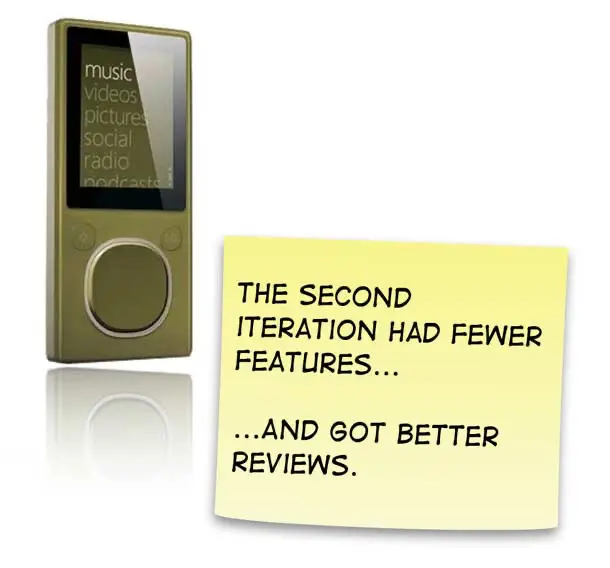Psychologist Barry Schwartz takes aim at a central tenet of western societies on TED: freedom of choice. In Schwartz's estimation, choice has made us not freer but more paralyzed, not happier but more dissatisfied.
The idea that more choice leads to paralysis rather than happiness resonates strongly with me. I think about where I am in terms of my spiritual and psychological development, and I do feel dissatisfied when things aren't perfect today and I find it troublesome that I think this way. But I do remember where choices of some things were limited, although that period may have been very short.
As a Westerner, I think the number of choices put in front of me for any particular consumer item has been overwhelmingly many. Schwartz says this abundance causes many of us to have difficulty making decisions. We become paralyzed. And even when we're able to overcome the paralysis, we end up feeling less satisfied. The more options there are, the easier it is to regret choice.
I think this is terribly sad, but it is a reality we deal with as interface designers as well. As someone who is working on an incredibly complex piece of software—so complex that I struggle to understand some of the more powerful, yet obscure features—the challenge is enormous. If people experience this flood of choice and paralysis in their everyday experience, you can damn well be sure that they're not going to tolerate it when they have to use your software to get their job done. Or maybe they'll tolerate it and be pissed off all the time about it. So you'd better work extra hard not to piss them off.
I think this comes down to making decisions for people. If you have to have the obscure, less utilized feature, the challenge is to find a way to enable its use without creating a cognitive cost in what you present for the primary use cases. We utilize progressive disclosure for some of these things. It's hard work making decisions to make things less prominent or to cut features.
I think about this great screenshot of the Zune from Giles Colborne's "Secrets of Simplicity" presentation. When the Zune removed features it got better reviews. That may only be perceived improvement, but it most likely also reflects better decision making around what's necessary rather than about keeping ahead of pace with the market in terms of growing features, something that Microsoft software is notorious for.

But that's the job we have to do as UX designers arguing on behalf of the silent user. I think of this like being the lawyer representing a body of plaintiffs that's suffered damaged due to neglect. Some software companies can defend the position that they've made decisions based on what they thought people wanted (more choice) and get away with that. The other aspect of choice is that people can also decide to stop patronizing you and buying your software. The smart companies take notice, become accountable, and invest in making things right even if its at a cost in the short term.
This the mentality we have to take, and the arguments we have to make when looking at the glut of decisions we present users with. We need to be accountable to those who pay us to use our products. The flip side of choice is this. More is not always better. Less is not exactly more. Best is providing the right options at the right time.
http://www.ted.com/talks/barry_schwartz_on_the_paradox_of_choice.html